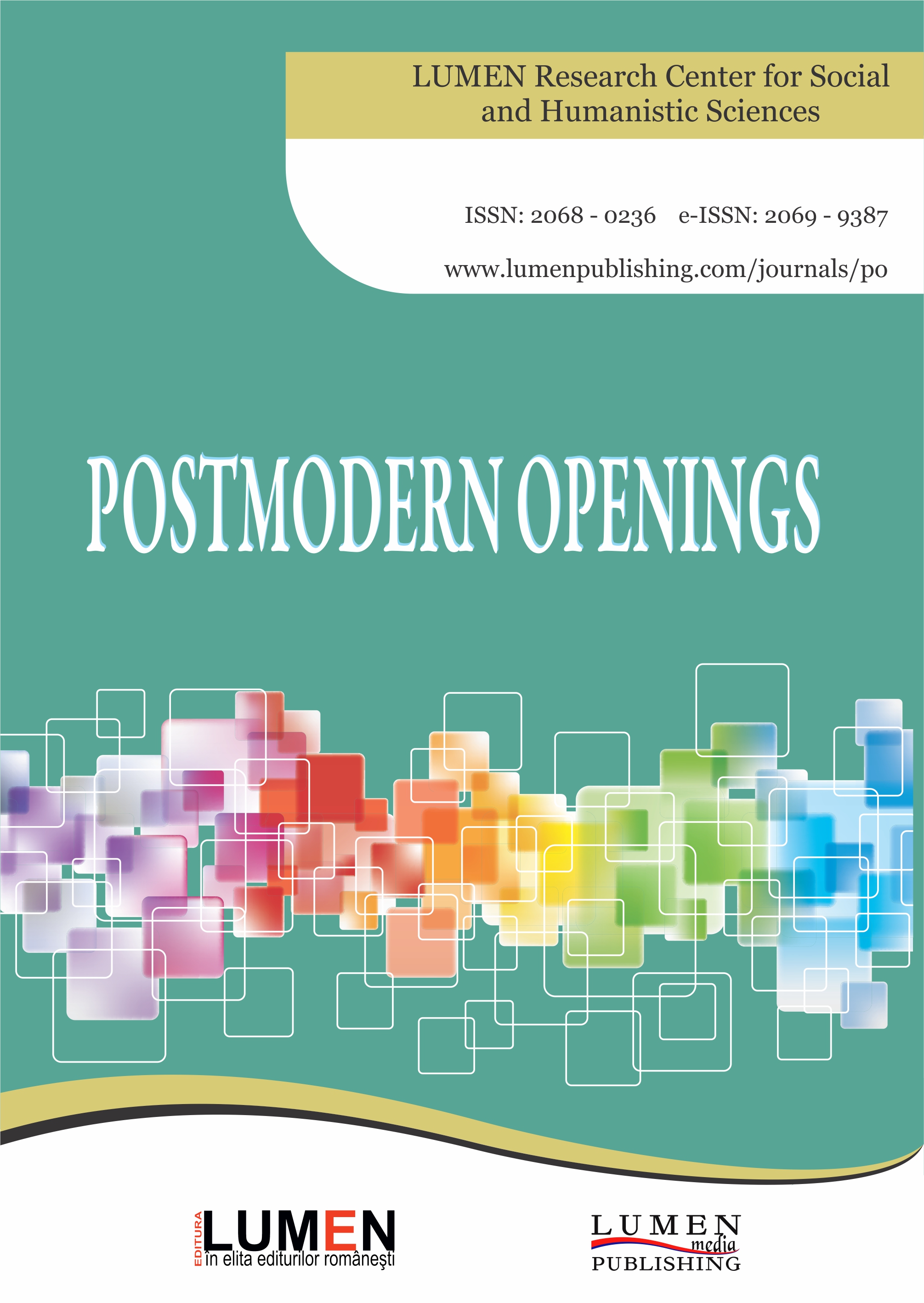Opportunities and Difficulties in Conducting Internships in Higher Education from the Employers’ Perspective
Opportunities and Difficulties in Conducting Internships in Higher Education from the Employers’ Perspective
Author(s): Venera-Mihaela Cojocariu, Cristina Cîrtiţă-Buzoianu, Gabriel MareşSubject(s): School education, Higher Education , Educational Psychology
Published by: Editura Lumen, Asociatia Lumen
Keywords: education; professional competence; internship; employers; employability; labor market;
Summary/Abstract: The university and the labor market are closely related, both in terms of formative function, but especially, nowadays, in terms of economic role. Academic curricula can no longer be conceived effectively and pragmatically, without consulting employers on the type and level of skills of graduate students and taking into consideration the current labor market demands. From this perspective, several aspects like organizing the internship, the content, the volume and the quality of the specialized practice are current issues on the agenda of the cooperation among institutions responsible for training future specialists. Our study aims to analyze the first results obtained at Vasile Alecsandri University of Bacau within the 2018 FDI Project CECIM - Efficient Communication and Educational Counselling for Integration on the Labor Market. In July 2018, a round table was organized at the university, on the subject “New Partnerships – New Opportunities for students”; more than 40 employers participated at this event. The discussions were conducted by applying a guided interview to the employers. The current study focusses on the employers’ view regarding the best opportunities and the pressing difficulties that may occur during the internships and that may affect the students’ professional practice. The data analysis of the 26 employers’ point of view may represent, for the university, a chance to reorganize and restructure its approach to students’ professional practice in collaboration with economic agents. The results reveal the reality of the current relation between the university and employers concerning students’ professional practice and new possibilities for further collaboration.
Journal: Postmodern Openings
- Issue Year: 10/2019
- Issue No: 2
- Page Range: 1-27
- Page Count: 27
- Language: English

